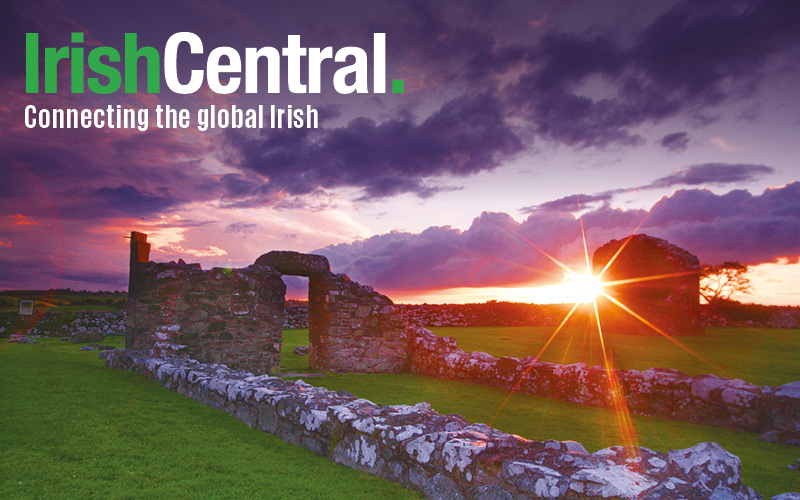The Wild Geese Network of Irish Scientists is an effort to congregate the larger Irish scientific Diaspora. The network provides a forum for the sharing of ideas, consulting with colleagues and publicizing the work of Irish scientists around the globe.
The Wild Geese Network of Irish Scientists (WGNIS) was founded and supported by Ireland’s Ambassador to the United States, Michael Collins, in February, 2011 in Washington, DC. Nick Farrell, a professor at Virginia Commonwealth University serves as the president of the organization.
According to its website, the Wild Geese Network of Irish Scientists (WGNIS) “is devoted to harnessing the knowledge, experience and success of Irish scientists, North and South, in North America and throughout the world and provides, for the first time, an up-to-date and comprehensive census of Irish scientists and engineers. Our main goal is to facilitate the connection, communication and collaboration of Irish Scientists around the world.”
The network is maintained mostly online through their website (wildgeesenetwork.org) and the social media site LinkedIn. Today, WGNIS can boast almost 600 members.
The network aims to help foster an atmosphere of collaboration and support among Irish scientists.
“Part of the Wild Geese Network of Irish Scientists was aimed at creating a census of the Irish scientific Diaspora,” said Dr. Lorna Cryan, WGNIS member and Research Fellow at Children's Hospital Boston/Harvard Medical School. “We wanted to create a network of scientists in Ireland and abroad. This is a place for sharing ideas which may lead to further collaboration and joint funding applications for members.”
Though most of the interactions of the Wild Geese Network of Irish Scientists happen online, Boston became the first local chapter at a launch event this month. The launch coincided with the BIO International Convention in Boston and was sponsored by the Irish Consulate.
Why Boston?
“Boston has the highest concentration of Irish working in science, technology, engineering and medicine compared to the rest of the US,” said Dr. Cryan, a member of the Boston chapter which started with 45 members but is now up to 91.
“We have been contacted by members in Germany and Singapore who have expressed interest in local chapters,” said Dr. Cryan. “I expect that we will see chapters all over the world in the near future.”
The Wild Geese Network is a very welcoming organization. Anyone with an Irish background and connection to the scientific fields are welcome.
“If you are interested in collecting, communicating and collaborating with Irish scientists, this is the network for you,” said Dr. Cryan.




Comments